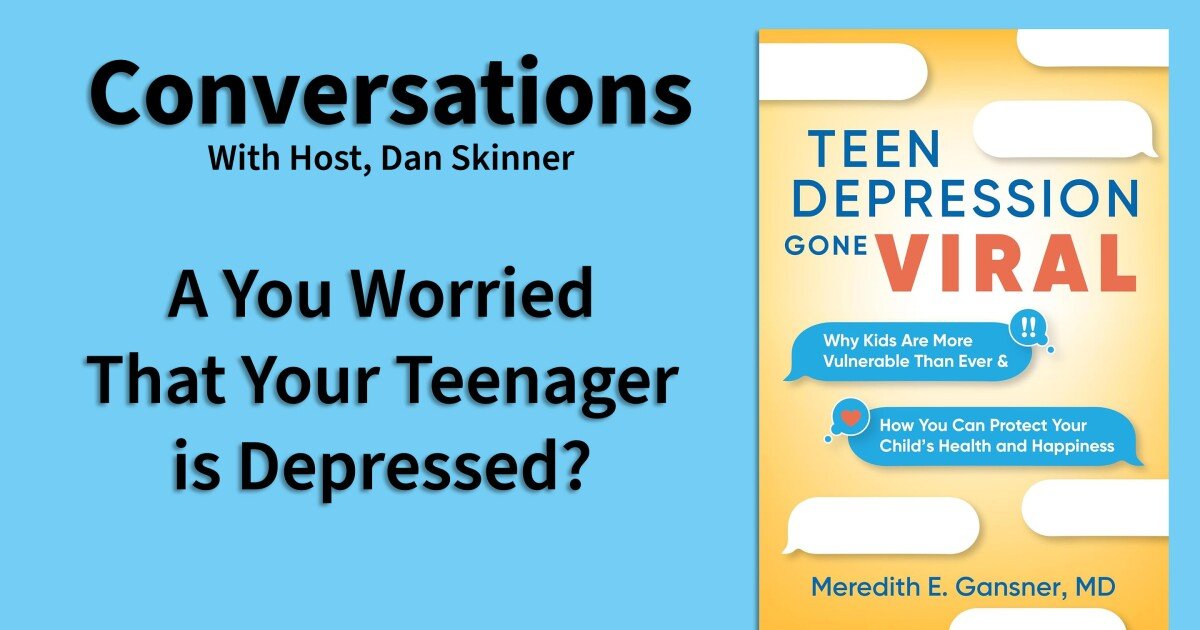Recent discussions highlight the alarming rise in depression among teenagers, a trend that experts attribute to increased exposure to digital media. In a recent episode of Conversations, Dr. Meredith Gansner, a child psychiatrist at Boston Children’s Hospital and an instructor at Harvard Medical School, shared her insights on why adolescents are becoming more vulnerable to mental health issues and how parents can safeguard their children’s wellbeing.
Dr. Gansner noted that the prevalence of depression among teens has surged in recent years, with studies indicating that nearly 20% of high school students report feeling persistently sad or hopeless. This statistic underscores a troubling reality: many teenagers are grappling with mental health challenges that can severely impact their daily lives, academic performance, and social relationships.
One of the critical factors contributing to this rise in depression is the extensive use of social media and digital communication platforms. Dr. Gansner explained that while these tools can foster connection, they can also lead to unhealthy comparisons and cyberbullying. For instance, research shows that teens who spend more than three hours per day on social media are 60% more likely to report symptoms of depression than those who use it less frequently.
To help protect their children’s mental health, Dr. Gansner recommends several practical strategies for parents. First, she advises maintaining open lines of communication with teens about their online experiences. Regular discussions can help parents understand the pressures their children face and identify any signs of distress early.
Additionally, setting boundaries around screen time can be beneficial. Limiting recreational screen use to less than two hours per day has been associated with lower rates of anxiety and depression among youth. Encouraging alternative activities, such as sports or creative pursuits, can also provide teens with positive outlets for their emotions and reduce reliance on digital interactions.
Dr. Gansner also emphasizes the importance of fostering resilience in children. Teaching coping skills, encouraging problem-solving, and promoting a supportive family environment can empower teens to manage stress and seek help when needed.
Furthermore, early intervention is crucial. Signs of depression, such as changes in mood, withdrawal from social activities, or a decline in academic performance, should prompt parents to seek professional help. Access to mental health services can lead to effective treatments, including therapy and, if necessary, medication.
As the digital landscape continues to evolve, the need for proactive measures to support youth mental health becomes increasingly important. Dr. Gansner’s insights offer valuable guidance for parents navigating these challenges, underscoring the vital connection between digital media use and adolescent mental health. By fostering open communication, setting healthy boundaries, and encouraging resilience, parents can help protect their children from the growing threat of depression.



